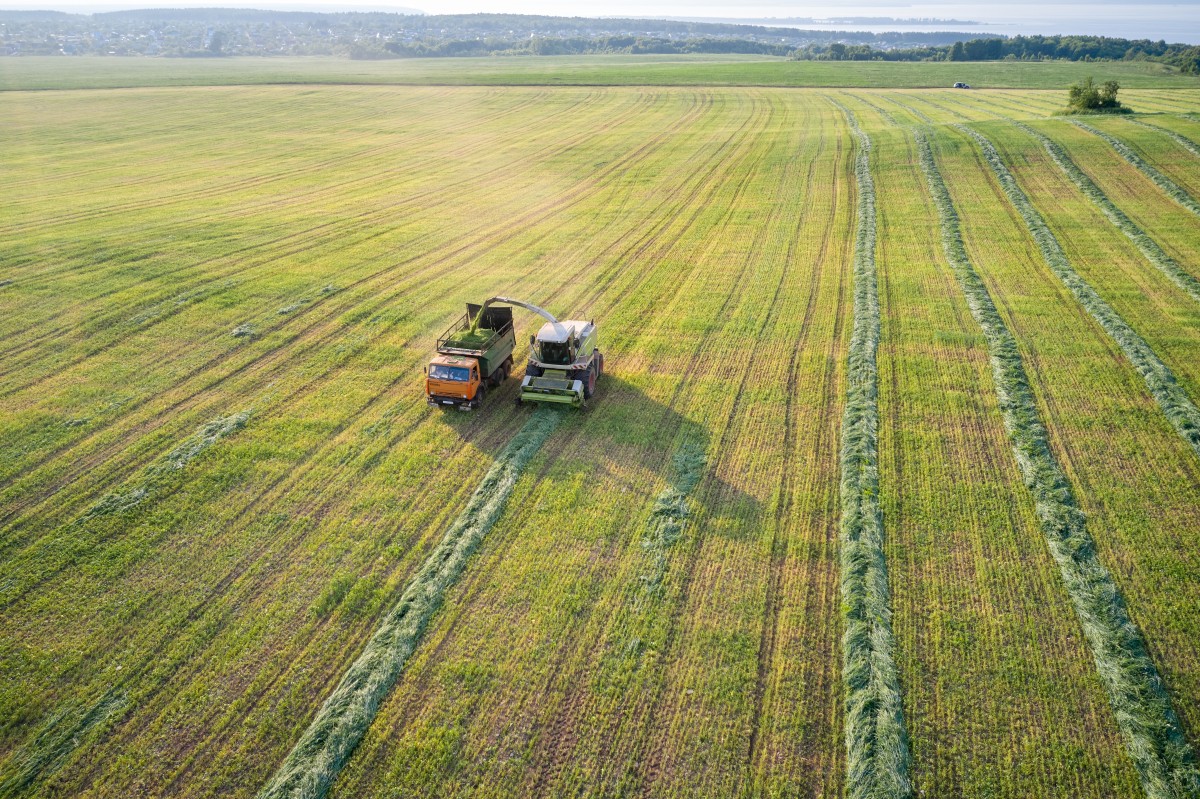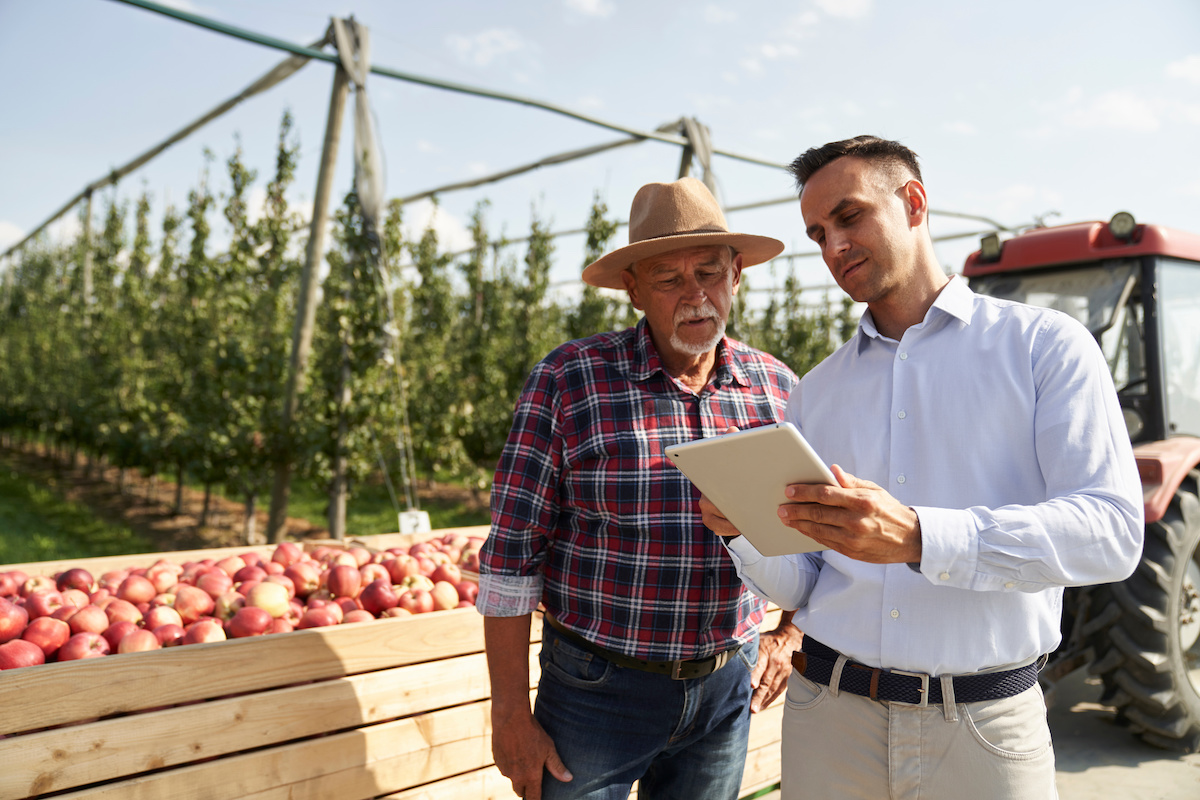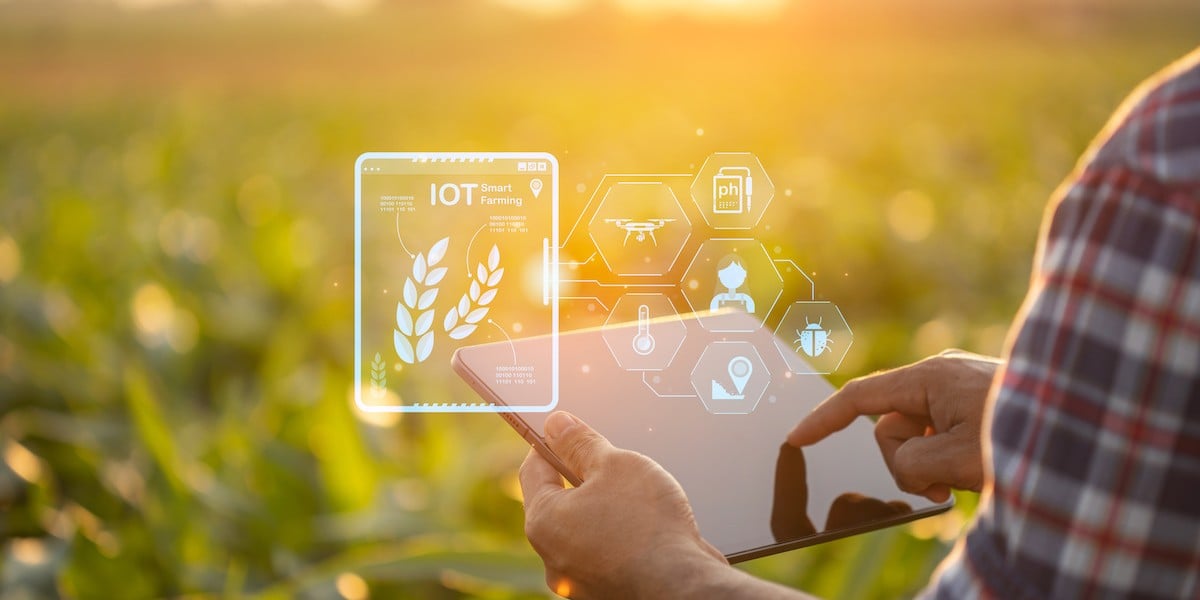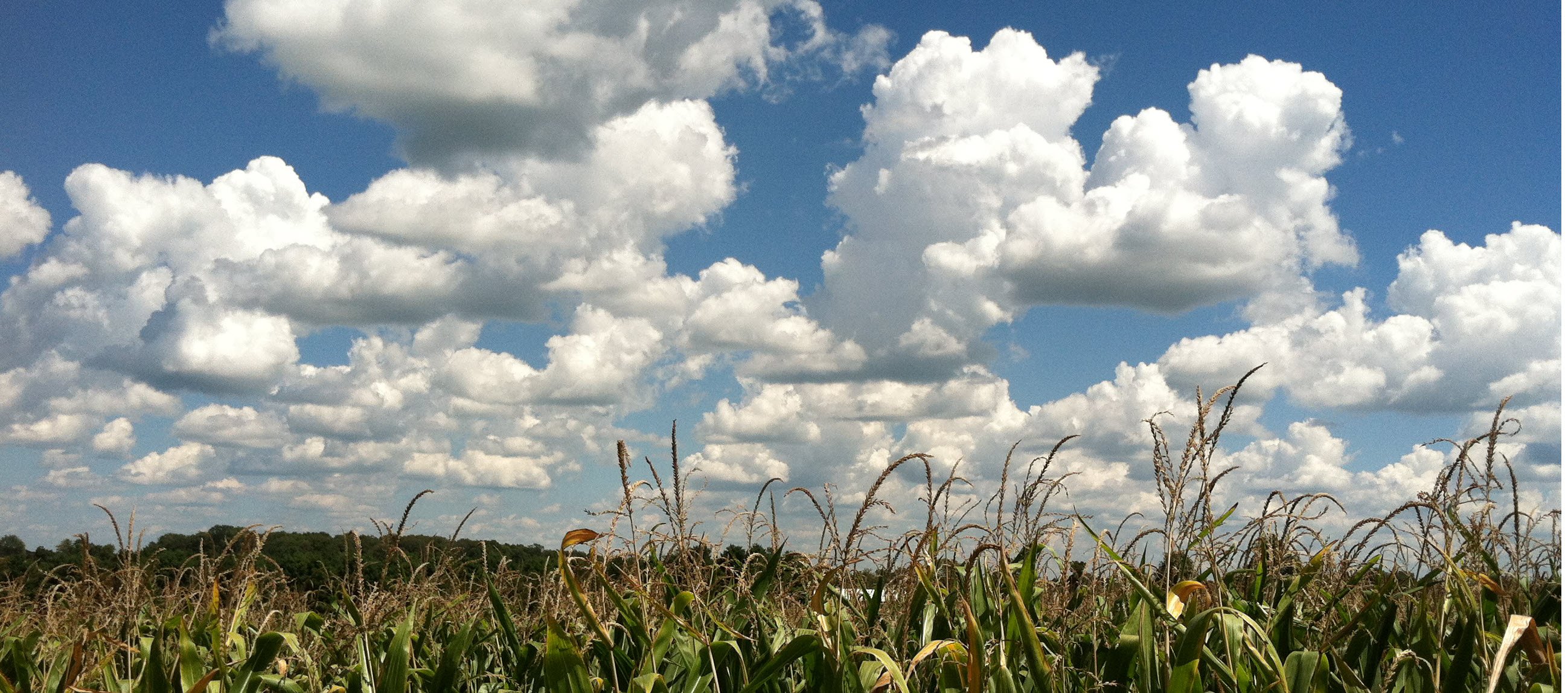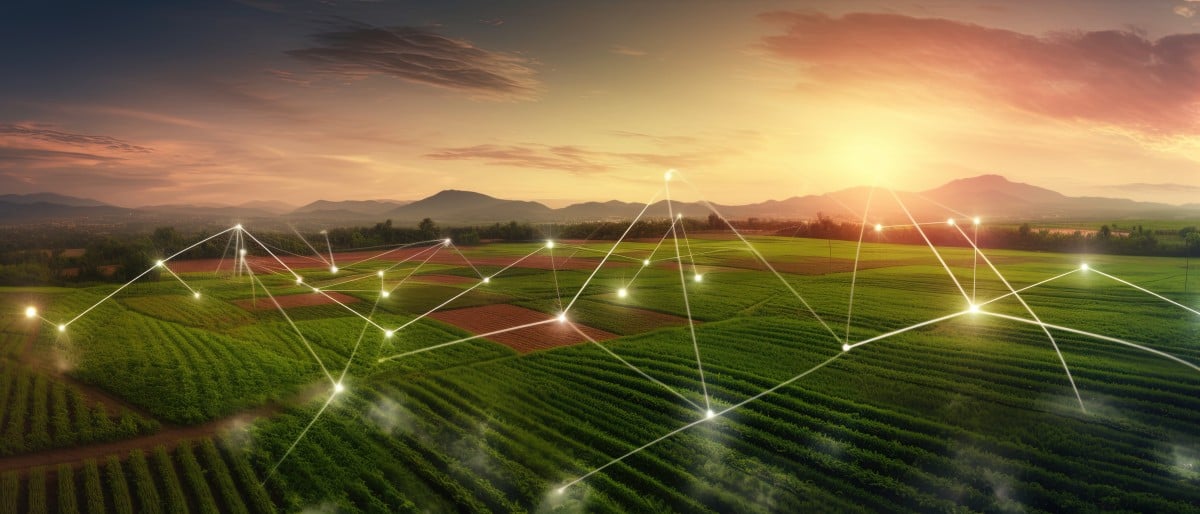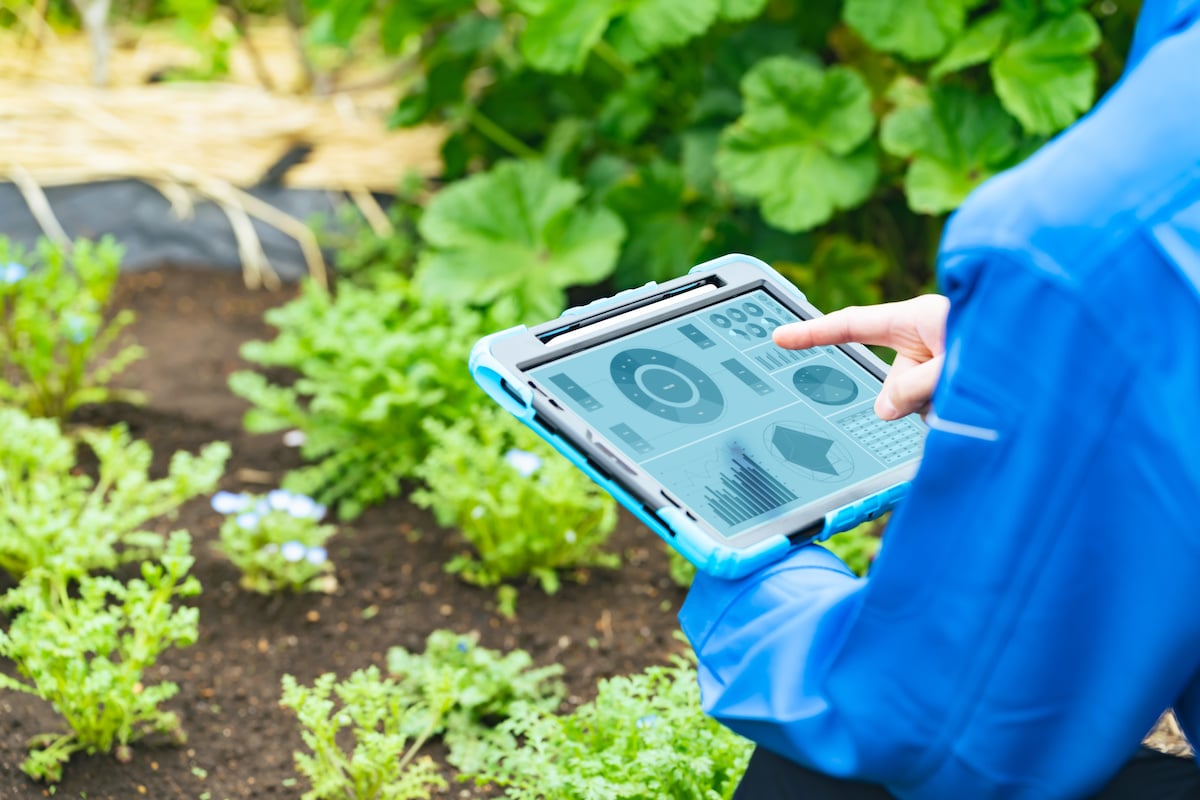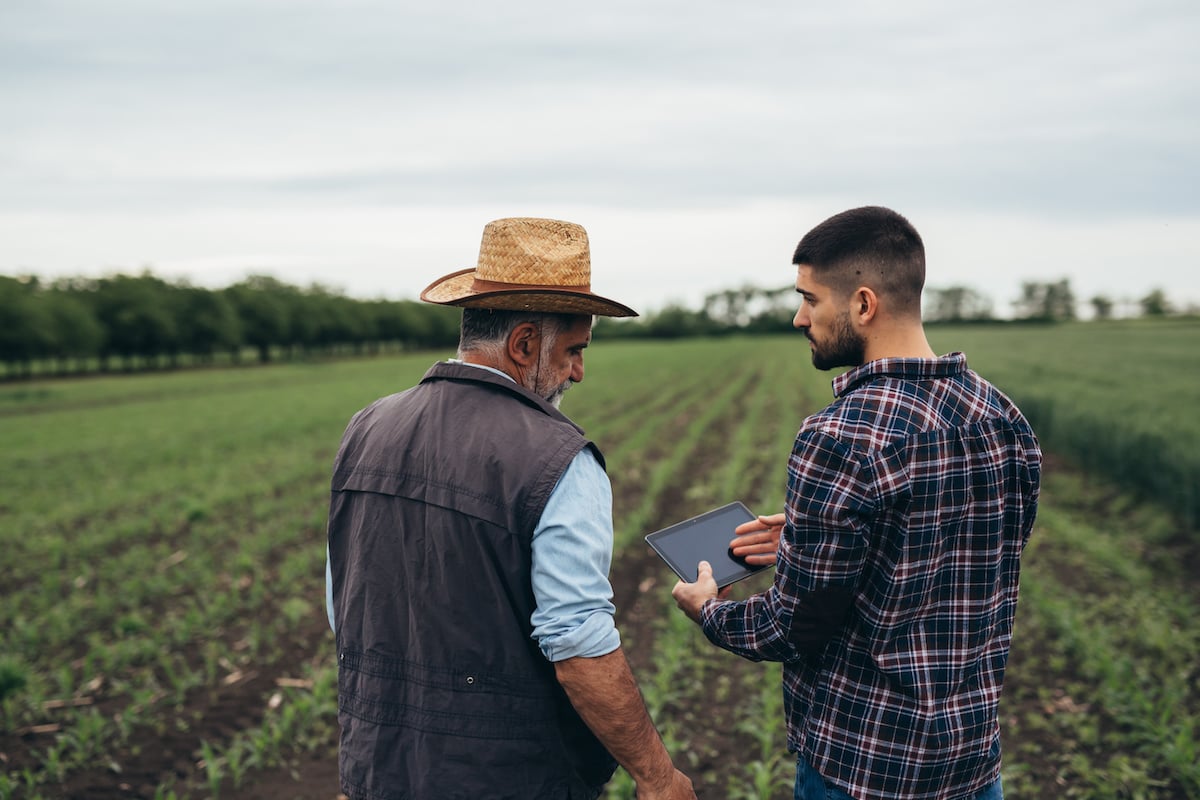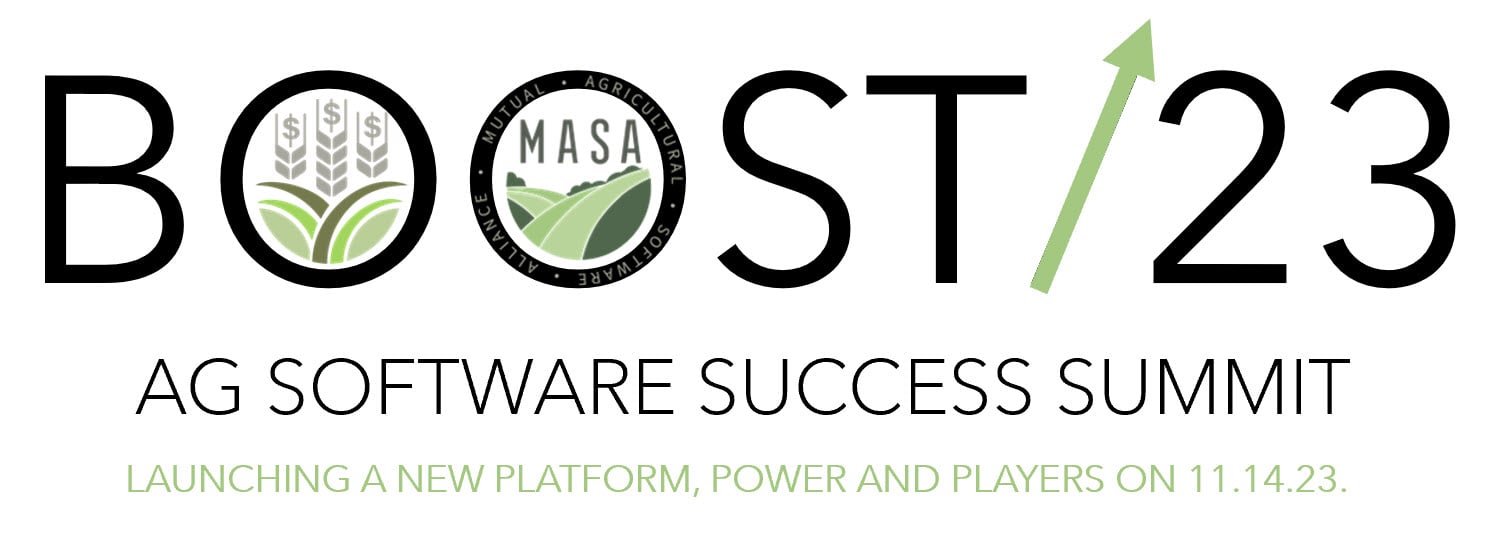Prior to the arrival of drones, farmers relied on aerial footage from manned aircraft or satellite images to provide a valuable view from above when it comes to their fields and land. In the 1980s, drones or unmanned aerial vehicles (UAVs) appeared on the scene, but they still weren’t cost-effective for most farmers.
Today, no one underestimates the value of drones in farming. Even that technology has grown exponentially and farmers are learning how to leverage it to improve their operations. Still, all the data in the world can’t help with farm management if there’s no way to aggregate and organize it in a way that delivers the insights you need to plan.
That’s where ERP software comes in. While it’s been in existence for quite some time, advances have provided significant improvements in agricultural ERP software that, much like a drone, can provide a comprehensive and detailed view from above for your farm operations.
Quick Links
- What is ERP Software?
- What is ERP Software in Agriculture?
- Benefits of ERP Software in Agriculture
- How ERP Software Can Improve Farm Profitability
What is ERP Software?
ERP stands for Enterprise Resource Planning. ERP software provides management tools for everything from daily business to longer range planning, analytics and reporting. Often, it’s used to aggregate data from a variety of sources, such as profit centers, and create a centralized location for managing information and data essential to daily operations.
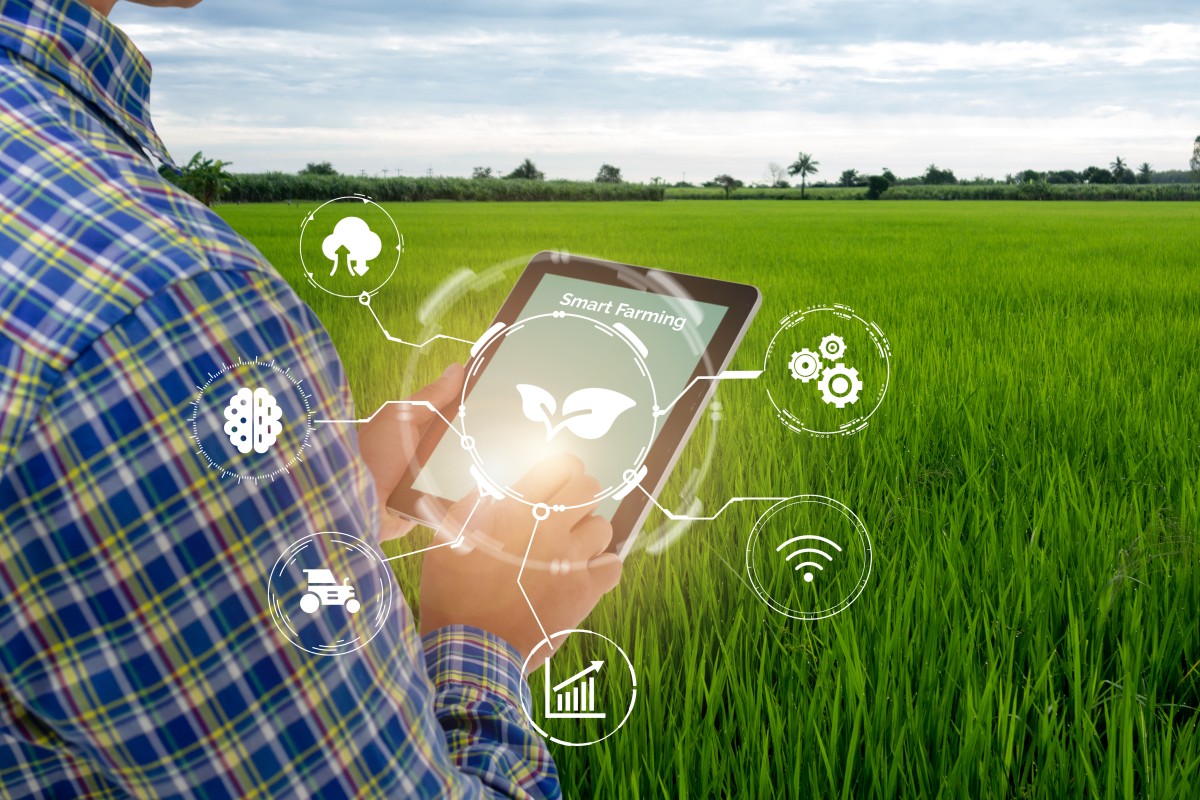 What is ERP Software in Agriculture?
What is ERP Software in Agriculture?
ERP software in agriculture helps you control farm operations and improve management. While farming has, arguably, existed for centuries without software, ERP software has the potential to revolutionize the way you do business.
On farms, there are a lot of moving parts and effective resource management relies upon those parts all working in harmony. While production is what happens out on the land, or in the barns, or buildings, none of that happens without back office administration and support. ERP software can help track livestock as well as manage land, machinery, and crops. Having a holistic view, and reporting capabilities, on the profitability and status of all your assets is vital for strategic planning.
Benefits of ERP Software in Agriculture
As you can imagine, the ability to manage operations, organize and aggregate data, and create robust reports on all of the data is invaluable. There are significant benefits to an agricultural ERP solution including:
- Improve operational insights and mitigate financial risks – a centralized data source with the ability to report on operations helps you strategize and prepare for future to maintain, and grow, farm profitability
- Better resource management and utilization- From freeing up your team to knowing how and where resources are needed, you can manage all the resources at your farm to improve productivity and production
- Improve supply chain and vendor management - With inventories all in one place and the ability to track, monitor trends, and forecast future usage, you can improve not just the supply chain but communication with important vendors
- Reduce human error – Anyone who’s worked in data entry can tell you, mistakes happen. By having ag tech sending data directly to your ERP software, you save your team time and reduce errors
- Increase ROI and cost savings – with your operations streamlined, all data in one place, better resource management, and the ability to identify and track trends, your strategic planning helps you capitalize where you can and improve farm profitability
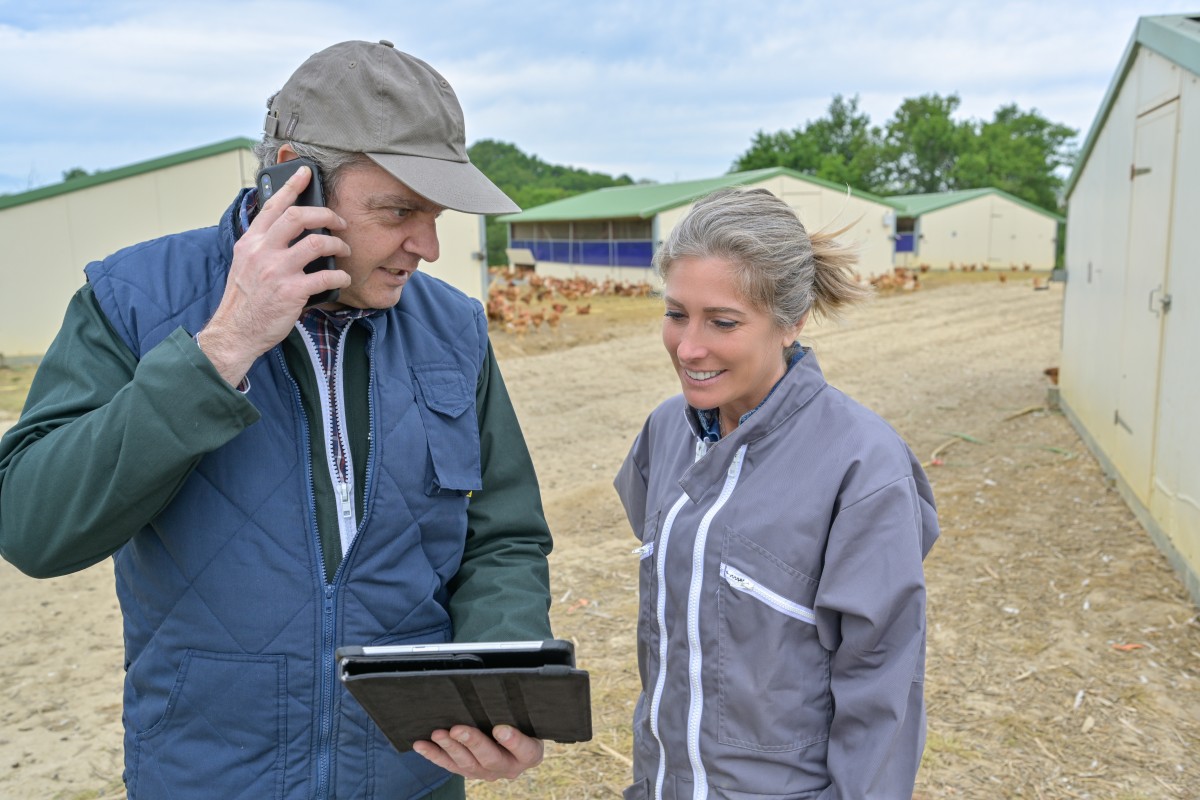 How ERP Software Can Improve Farm Profitability
How ERP Software Can Improve Farm Profitability
Given all the potential benefits of ERP software, the bottom line is simply that you’re saving time and money.
One of the issues with maintaining multiple systems or using multiple applications to gather, store, and report on essential farm operations is that you spend extra time aggregating that data on your own. Further, you spend extra time compiling the reports that provide operational insights, the kind that help you determine the best strategies to increase farm profitability. All of this also assumes you’re lucky enough to have multiple applications that integrate seamlessly.
Additionally, the insights you gain are invaluable in increasing production and productivity and improving the supply chain, from your vendors to market. However, it’s important to note that the functionality of any ERP software must be built around an ag-specific management accounting system for accuracy and automation. The value of all of the data an ERP solution can provide means financial forecasting and farm management from real-time information. ERP modules feed into accounting software allowing farms to employ management accounting for more strategic decision making.
As one solution, ERP software helps you manage time and resources more effectively. Whether it’s human resources or farm resources, understanding how those resources are used, as well as where and when, saves you money. You’re not investing where you don’t need it and you can shift where you need to. That kind of insight and agility affords significant cost savings which increase farm profitability.
If you’re ready to talk about how an ERP solution can help you reduce costs, identify revenue opportunities, and streamline your operations to reduce friction and unnecessary resource utilization, reach out to the FBS Systems team today to book a demo. As farmers and accountants, we understand the value of the right solutions, it’s why we’ve developed ERP software for the agricultural market. We’ve got you, your farm, and your farm’s profitability in mind.

